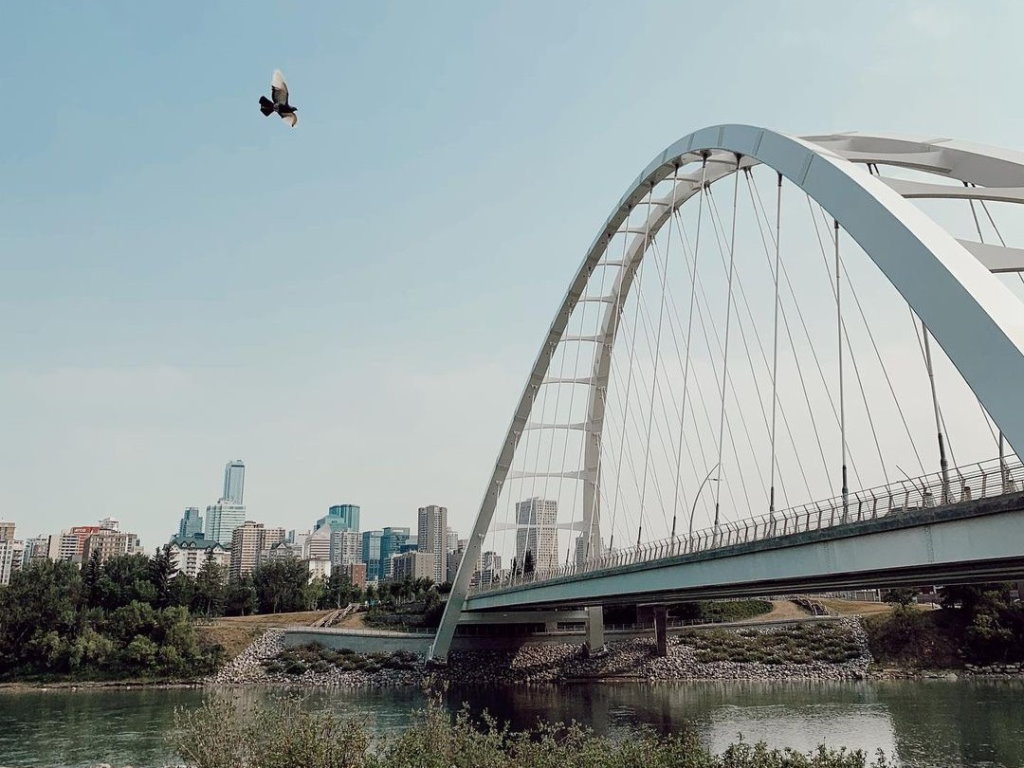
Transportation priorities approved for Edmonton region
By
Jackson Spring
in the
Regional Roundup
The Edmonton Metropolitan Region Board (EMRB) has identified highway widening, park and ride, and consolidating the region's transit networks among its top transportation priorities in 2021.
The EMRB voted unanimously to approve a list of transportation project priorities on Aug. 12. The list contains 149 road and transit projects which are sorted into those that are ready for construction, ready for design, and ready for planning, and then grouped into top, medium, and lower priorities.
Gale Katchur, the mayor of Fort Saskatchewan and chair of the task force that designed the EMRB's transportation master plan, told Taproot the list will serve as a resource for the provincial government when deciding where to allocate funds.
"The province can accept this and say 'when we need to do upgrades to road systems, these are the priorities based on the criteria that these 13 municipalities have agreed to,'" she said.
The majority of the projects listed have to do with roads, mainly involving adding lanes to existing highways and arterial roads. Nine of the 28 projects listed as top priorities are upgrades to Anthony Henday Drive or adjacent sections of highway.
Katchur said that focusing on upgrading existing infrastructure is more efficient than building new infrastructure, in terms of cost and land use.
"If you have a new highway being built, all of a sudden there is a demand to put new highway commercial (zones) against it. With that, you have more urban sprawl," she said. "We're trying to be as compact and efficient as we can."


